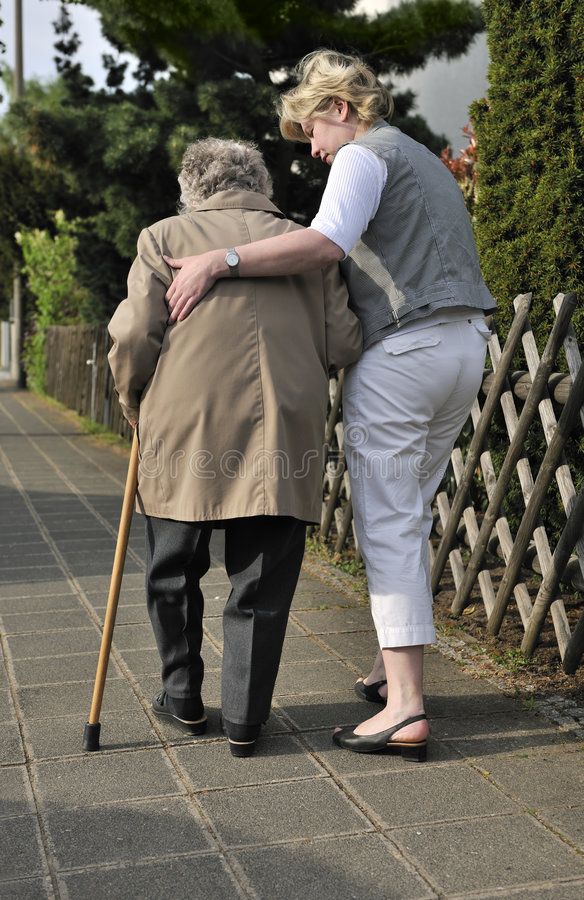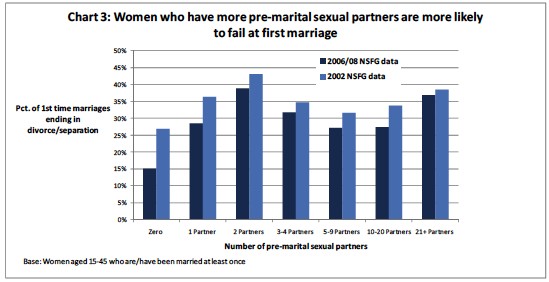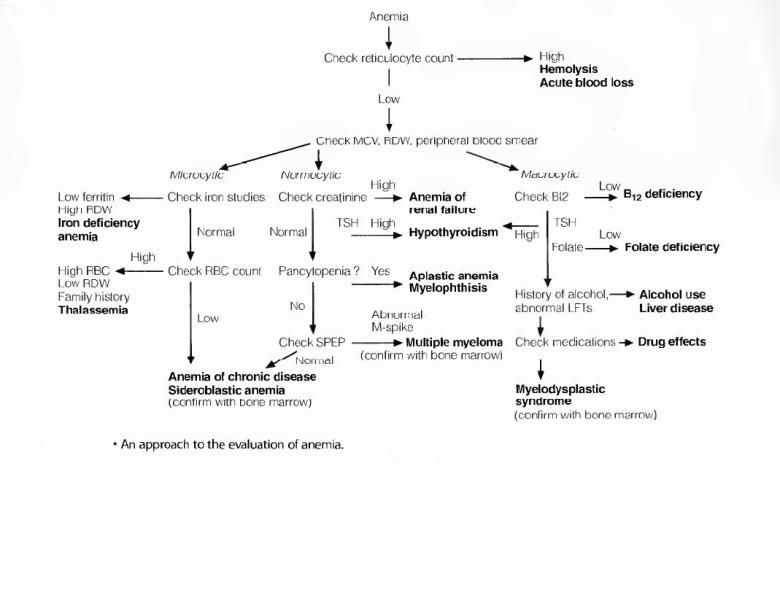Help elderly parents
5 Tips for Helping Aging Parents Without Taking Over
As parents age, they often need assistance with everyday tasks like preparing meals, managing medications and making health care decisions. The need for help seems straightforward enough, however many adult children approach caring for elderly parents in a way that is perceived as overbearing instead of supportive. It’s hard to know how to help aging parents without taking over, especially since seniors are often reluctant to ask for or accept assistance from others. So, how do you take charge without making Mom and Dad feel as if they’ve completely lost their independence? How do you get the job done without coming across as condescending or making them angry?
Caregiving Affects Parent-Child Relationships
How many times have you found yourself “showing” someone how to do something by doing it for them? This approach to teaching and learning is second nature. While it might make sense to show by doing when you are teaching someone younger or less familiar with a particular task than you are, it doesn’t usually translate well to caregiving.
Seniors may get angry or annoyed when you complete the task yourself instead of merely providing supervision or a helping hand while they accomplish what they can.
For example, it was probably hard enough for your mom to agree to let you help her pay bills and balance her checkbook after your dad died. Even after she relented, it wouldn’t be surprising if she tells you that she doesn’t understand why you keep insisting on helping her since she is perfectly capable of doing it herself.
The truth is that acknowledging you need help with the business of daily life is really, really hard for most seniors. One study published in the journal Research on Aging found that older parents struggle to balance their desire for autonomy with their desire to maintain close relationships with their adult children. Elderly parents are aware of the effects that asking for help can have on their family dynamics and are often torn when it comes to weighing the pros and cons of family caregiving. This study found that older parents “use a variety of strategies to deal with their ambivalent feelings, such as minimizing the help they receive, ignoring or resisting children’s attempts to control, withholding information from children to maintain clear boundaries, and seeking others as confidants.”
This study found that older parents “use a variety of strategies to deal with their ambivalent feelings, such as minimizing the help they receive, ignoring or resisting children’s attempts to control, withholding information from children to maintain clear boundaries, and seeking others as confidants.”
Providing assistance in a respectful and understanding manner from the beginning can help mitigate an older parent’s fears of feeling micromanaged and altering familial relationships. When the time comes that a senior needs help, they are also confronted with their own limitations. In most cases, these difficulties won’t “get better.” Your parent thinks of this event as the beginning of the end of their independence. In your attempt to make your parent’s life easier and safer, you’re likely speeding up their (real and perceived) loss of independence and might be harming your relationship in the process.
How to Help Aging Parents Without Being Overbearing
Following a few simple rules can make a world of difference in the way that you provide care. Above all else, remember to be aware of your actions, your words, your tone and how these things affect your elderly parents. Self-awareness is crucial for keeping even your best intentions in check, altering your approach when necessary and apologizing when you overstep your parents’ boundaries.
Above all else, remember to be aware of your actions, your words, your tone and how these things affect your elderly parents. Self-awareness is crucial for keeping even your best intentions in check, altering your approach when necessary and apologizing when you overstep your parents’ boundaries.
1. Let Aging Parents Take the Lead
If possible, do tasks alongside your parents instead of for them. While this approach might take longer than if you just did things yourself, you allow Mom and Dad to retain some of their independence by letting them take the lead. This can have beneficial effects on your parents’ self-esteem and keep their functional abilities sharp.
Some seniors resign from participating in everyday tasks and expect their family caregivers to take over. But, the old adage, “if you don’t use it, you lose it,” applies here. Not only does this place a great deal of responsibility on caregivers but it often sets elders up for a swift decline in physical and mental functioning as well.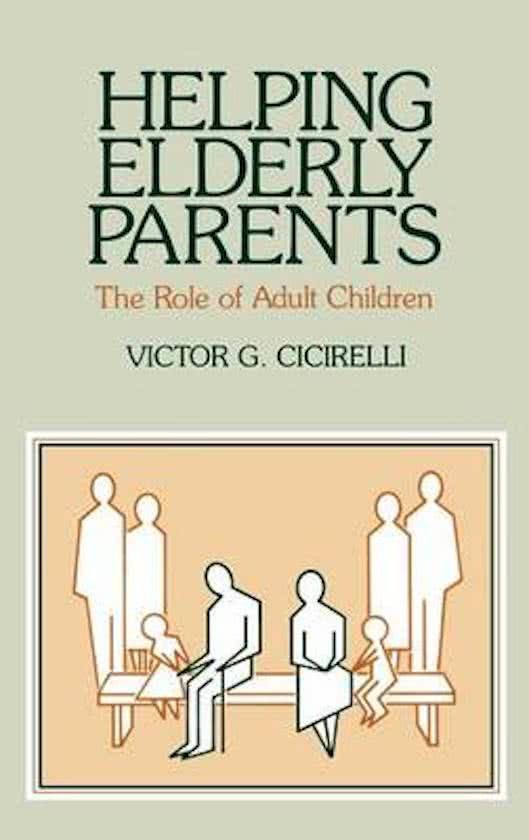 Your goal should be to extend their independence, not encourage their dependence on you.
Your goal should be to extend their independence, not encourage their dependence on you.
2. Enable Parents to Dictate How and When You Help
Instead of swooping in to tackle every unfinished task or resolve each problem, let your parents come to you. When they tell you what aspects of a particular activity they need your help with, try to limit your assistance to just those things, at least for now.
Sometimes parents have a hard time asking for assistance directly. Make sure you listen carefully when Mom or Dad shares their feelings and experiences with you. If they convey anxieties or frustrations surrounding a particular task, ask if they could use your help. Even if they do not accept, you will have made it known that you are interested in their well-being and willing to support them. Simply knowing that someone cares and listens to them is very important to many older adults. Feel free to repeat the offer as needed, but don’t force the issue unless their safety or livelihood is at stake.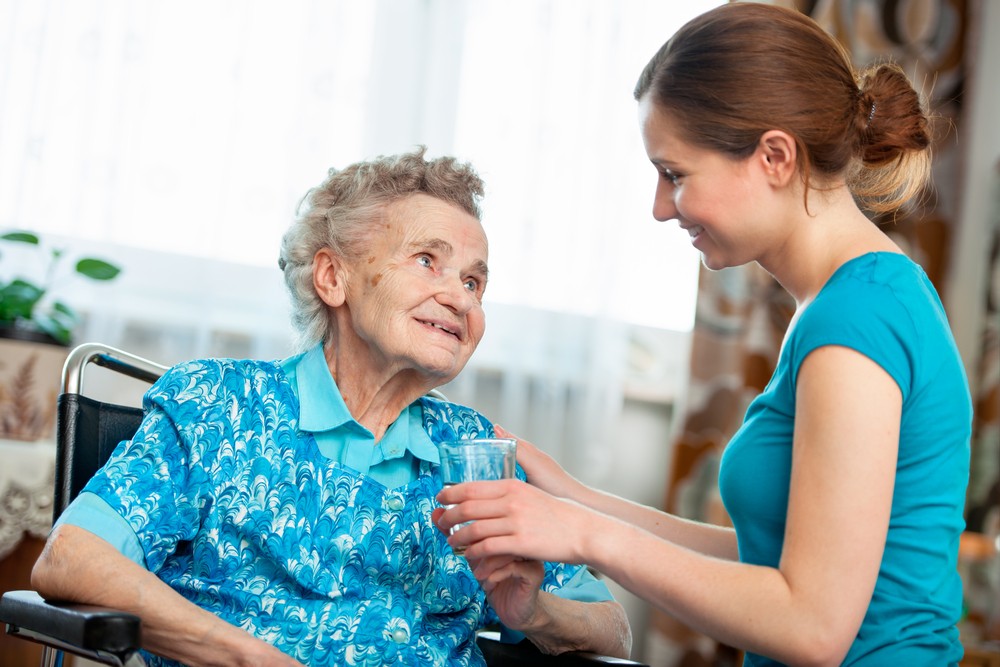
Of course, if your Mom or Dad doesn’t have realistic expectations of what they can do for themselves, you will need to find a way of gently helping them see your perspective. Conveying your genuine concern for their well-being is often the best way to get your point across. If they won’t accept your help, then ask who they would accept help from. Sometimes seniors are more accepting of outside help from professional caregivers hired through a home care company. This way parents get the assistance they need without it impacting their relationships with their children. Regardless of what the solution is, make sure you work together to address the problem at hand.
Browse Our Free
Senior Care Guides
3. Be Respectful
Ask permission before you just jump in. For example, when you take your parent to a doctor’s appointment, don’t just assume that they want you to come into the examination room with them. Instead, ask if they’d like you to be there the whole time, or if you should just come in toward the end of the visit to make sure YOUR questions are answered.
Remember that your parents are still your parents no matter how old they are or how their abilities change. They deserve respect and dignity. As frustrating as trying to care for aging parents can be, do your best to avoid being critical or demeaning. While many people characterize caring for an aging parent as a “role reversal,” it’s important to understand that seniors are not children who need “parenting.” Aging is tough and seniors usually don’t mean to be difficult on purpose. Keep in mind that the more you insist on controlling a particular situation, the more likely Mom and Dad are to resist your “help.”
4. Set Up Safety Nets
Regardless of how much your aging parents ask for or accept your help, do your best to set up a support system that keeps them safe and intrudes on their regular routine as little as possible. A medical alert system is a good example. Wearable pendants are relatively unobtrusive and provide peace of mind for both you and your parents should they have a medical emergency or an accident like a fall.
Senior care products can help extend your elderly parents’ independence as well. Look into assistive devices, such as medication organizers and mobility aids, that can make activities of daily living (ADLs) easier for them. Simple home modifications like grab bars can provide added safety and security as well.
An occupational therapist can help you and your parents explore all options for helping them live as independently and safely as possible. If your mom and dad have the right equipment, then they can see to their own needs with minimal hands-on help. Embracing new modes of doing things is often a difficult sell for seniors, but many are eager to adapt if it means they are not depending on someone else for assistance.
5. Prioritize Their Well-Being
If your parent is behaving recklessly, neglecting themselves or endangering their own safety, then stepping in is in their best interest and you may need to be more forceful about it. This scenario happens often when a parent is experiencing cognitive issues. Seniors with Alzheimer’s disease or other forms of dementia may not be aware that their abilities have changed and continue trying to adhere to their normal routines even though it isn’t safe. Memory loss and poor judgement can make even the simplest daily activities risky or downright dangerous. At that point, it is your job to intervene despite their protests.
Seniors with Alzheimer’s disease or other forms of dementia may not be aware that their abilities have changed and continue trying to adhere to their normal routines even though it isn’t safe. Memory loss and poor judgement can make even the simplest daily activities risky or downright dangerous. At that point, it is your job to intervene despite their protests.
Make a distinction between safety and everything else. When your parent’s safety is on the line, you might just have to take charge by respectfully taking over. This isn’t about your preference that something be done a certain way or at a certain time. Let go of the things that do not matter and focus on the goal: keeping your parents, safe, healthy and happy.
40 Resources for Adult Children Caring For Aging Parents
More adults these days find themselves becoming a caregiver for a family member, especially as the older demographic continues to grow. According to the Family Caregiver Alliance, 85% of caregivers look after a relative or other loved one, and 42% of them care for a parent.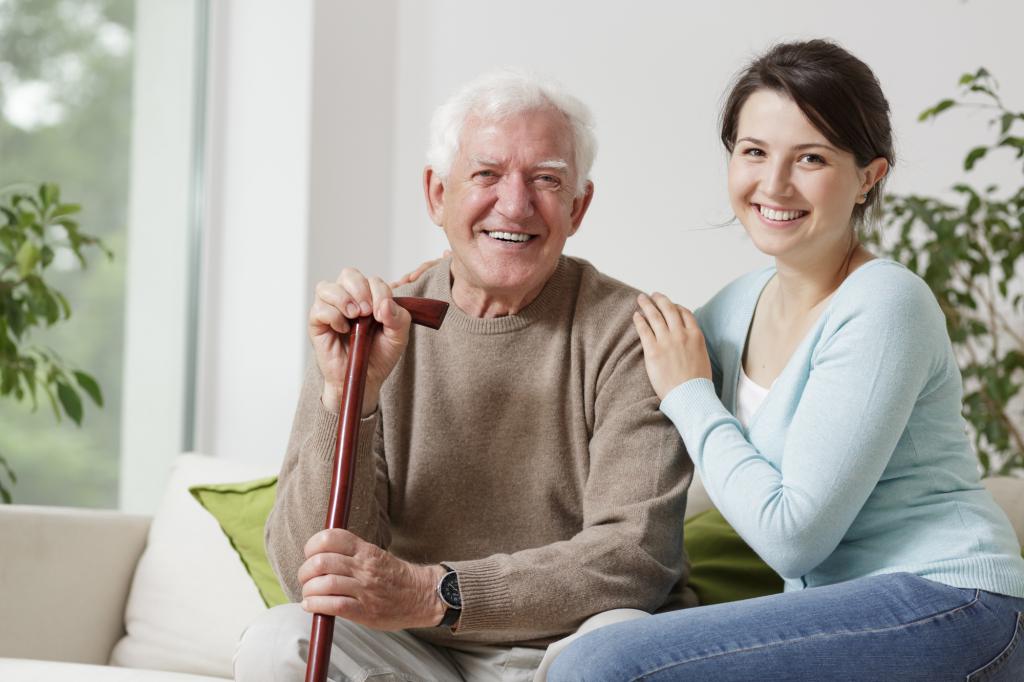
Many of those who are taking care of elderly parents face their own issues of negative emotional impact and social isolation, according to a study by Stanford University. A great majority of these caregivers for seniors—84%—say they want more information on how to care for aging parents, including such topics as dealing with stress, according to the Centers for Disease Control and Prevention.
Adult children who are caring for their aging parents have plenty of resources available, but the problem is finding them. Senior Lifestyle has shared several articles on this topic, including:
- 7 Signs of Caregiver Burnout
- Downsizing Checklist for Caregivers and Parents
- Moving Elderly Parents When They Don’t Want To
Here are 40 resources for caregivers, including organizations, government agencies, helpful websites, apps and more.
Associations and Organizations
- AARP – This well-known advocacy organization for seniors also provides resources for family caregivers.
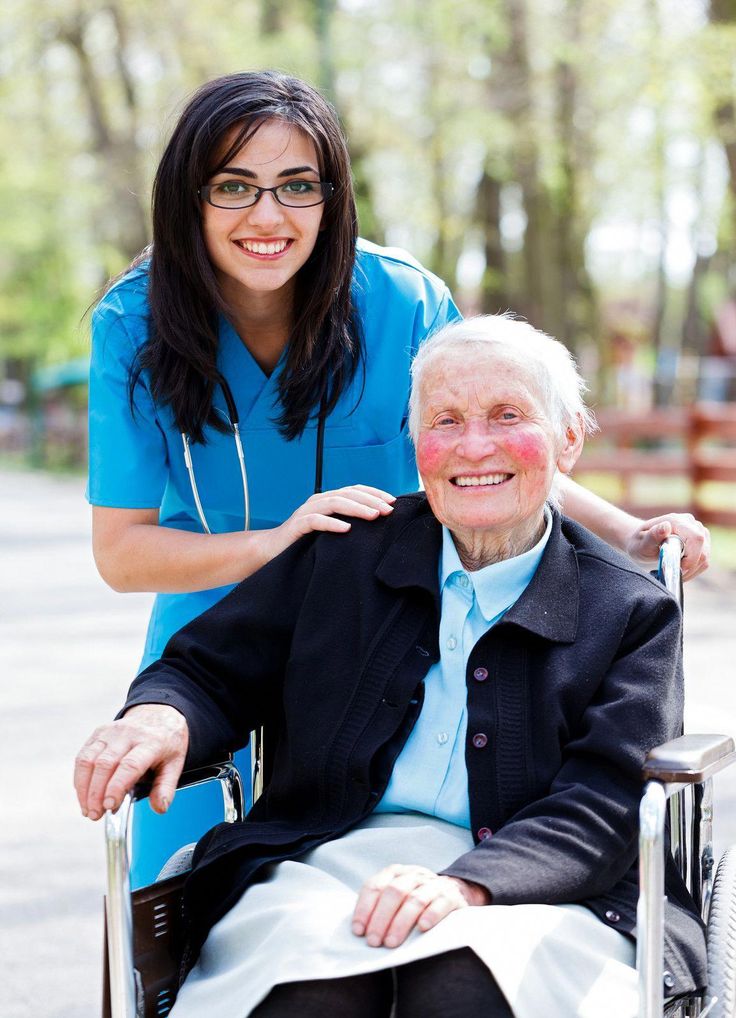 Articles and ideas are available to help caregivers.
Articles and ideas are available to help caregivers. - Adult Children of Aging Parents – This organization provides information, resources and support for adult children caregivers of aging parents.
- Aging Life Care Association – Formerly known as the National Association of Professional Geriatric Care Managers. This site explains how aging life care professionals can help with common age-related challenges, and provides a directory to help you locate a professional. These professionals usually have to be paid out of pocket, but they can be a huge help for families providing care at a distance, or just if you need extra help problem-solving.
- Alzheimer’s Association – Find out how to identify Alzheimer’s and other dementia, and find support for caregivers, at this association’s website.
- Caring Connections – From the National Hospice and Palliative Care Organization, this site offers a wealth of resources for caregivers and families of seniors.

- Family Caregiver Alliance – This group provides services to family caregivers of adults with physical and cognitive impairments, such as Alzheimer’s, Parkinson’s, stroke and other types of dementia.
- Family Care Navigator – A resource from Family Caregiver Alliance, this page helps connect you to essential family caregiver resources for your state.
- FCA CareNav – A service of Family Caregiver Alliance, this site will connect you with a personalized dashboard with tip sheets, videos, classes and other resources for family caregivers.
- Independent Transportation Network – This nonprofit transportation service provides rides for non-emergency purposes to older adults for a membership fee.
- Meals on Wheels Association of America – This program provides nutrition to seniors throughout the United States. A search on the site will help you locate one of more than 5,000 senior nutrition programs in the nation.

- National Alliance for Caregiving – This advocacy group supplies caregivers with tip sheets, podcasts, publications and websites on a variety of topics.
- National Council on Aging – This group is an advocacy organization helping older Americans and their caregivers. Among its services is the BenefitsCheckUp, which identifies programs and services seniors are eligible for.
- National Elder Law Foundation – This organization’s site includes a feature to help you find a certified elder law attorney near you.
Blogs and Websites
- AgingCare.com Caregiver Forum – This active caregiver forum is a good source of emotional support and ideas for navigating common challenges of caring for elderly parents.
- As Our Parents Age – A blog by educator Marti Weston, she shares her thoughts on living with aging parents, along with some advice for adult children caregivers on such topics as falls, Medicare and COVID-19.

- Caregiver Stories – This blog maintained by the Family Caregiving Alliance shares caregivers’ stories, including the experiences of adults caring for aging parents.
- Caregiver Warrior – Blogger Susanne White shares her experience caring for her late parents, and has maintained her site as a resource for other caregivers.
- Daughterhood.org – This caregiving site aimed at women caring for aging parents features groups, ideas and a blog.
- Lotsa Helping Hands – This free caregiving coordination service provides a private group calendar where caregivers can post tasks that friends and family can help with. The site also has an app (see below).
- Senior Lifestyle blog – Our blog offers articles on resources for caregivers, resources for seniors, facts about senior care communities and more.
Government Resources
- Administration on Aging – This agency administers many national programs and services for seniors, including elder abuse prevention, free health insurance counseling, help with long-term care planning, and legal assistance.
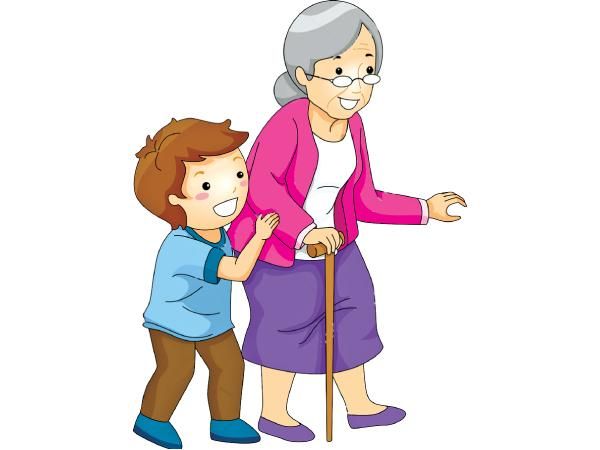
- Americans with Disabilities Act National Network – This site provides information, briefings and free publications on the regulations granting universal access to the disabled and their caregivers.
- Benefits.gov – Make sure your elderly parent is receiving all the benefits available. This site has a comprehensive Benefit Finder tool that provides information on federal, state and local programs across different agencies.
- Department of Veterans Affairs – Here is a range of help for military veterans or the surviving spouse of veterans. The VA site also offers Caregiver Support for aging veterans’ families.
- Eldercare Locator – In partnership with several government agencies, the Administration for Community Living offers this site that can help elders and their caregivers find services, transportation, housing and benefits along with tips and other resources.
- Healthfinder.
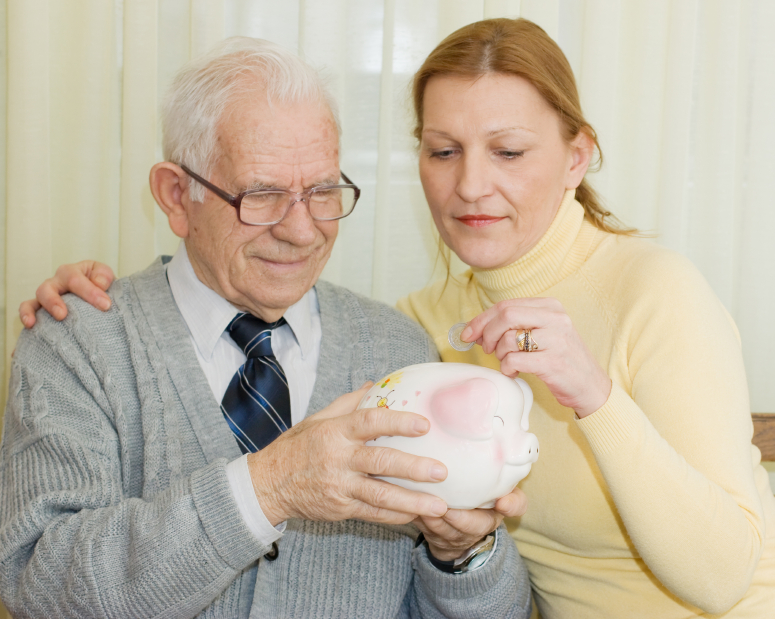 gov – From the Office of Disease Prevention and Health Promotion, this site helps you identify which screening tests and vaccines your loved one may need.
gov – From the Office of Disease Prevention and Health Promotion, this site helps you identify which screening tests and vaccines your loved one may need. - Health Insurance Portability and Accountability Act – While HIPAA protects medical information, it can make it hard for family and caregivers to access the information they need. The HIPAA website can help caregivers obtain authorization forms to share medical details.
- Medicaid – Find out more about the Medicaid benefits your elder parent could be qualified to receive.
- Medicare – This is the site for the federal health insurance system for elders and those with certain disabilities. Along with information about obtaining Medicare, you can find information for family caregivers.
- National Association of Area Agencies on Aging – This site from the U.S. Administration on Aging has general information about eldercare and can give area-specific referrals to aging-related programs and services.
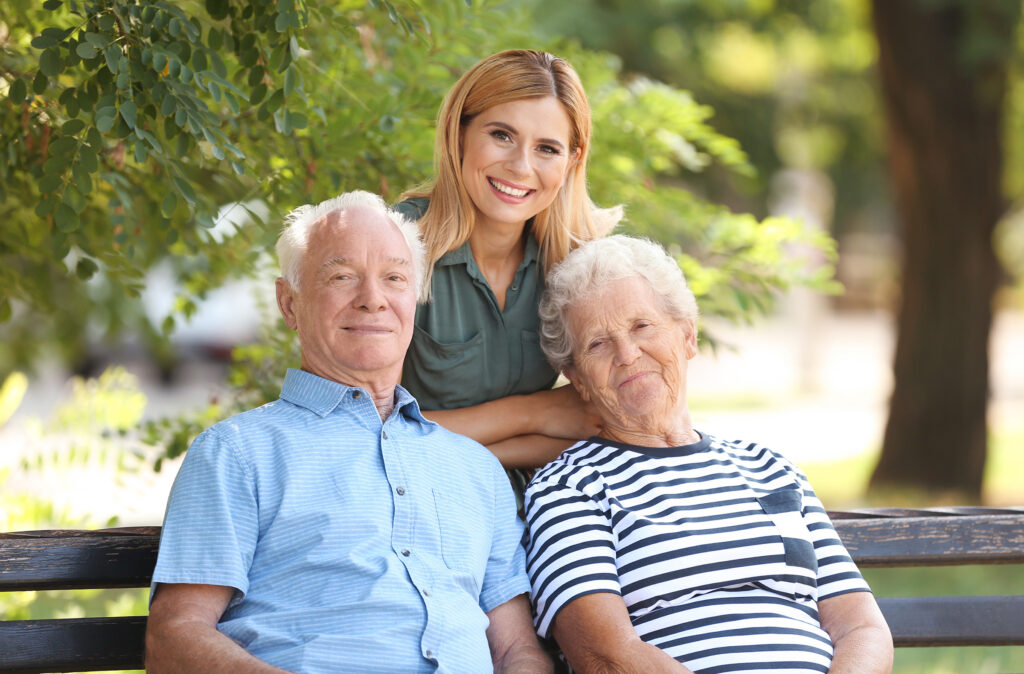
- Supplemental Security Income – Find out how the SSI program can help you get a larger monthly benefit for your elderly parents.
- U.S. Senators and U.S. Representatives – Every senator and many congresspersons have staff specialists on elder affairs or services that can help you and your loved one.
Apps
- CaringBridge – Keep track of your loved ones and connect with family caregivers and supporters. You can share information on your personal site. (Apple)
- Caring Village – This site helps family caregivers coordinate and keep track of their elderly parents’ care. There is a charge for this service. (Apple) (Android)
- Lotsa Helping Hands – This app pairs with the Lotsa Helping Hands to create a community of support around your loved one. Invite family, friends, caregivers and others to share in your journey. (Apple) (Android)
- Medisafe – This app can help you track your parents’ medications with reminders and information on interactions, along with other helpful facts.
 (Apple) (Android)
(Apple) (Android) - MindMate – Find a daily activities plan that can help your aging parent keep mind and body fit. (Apple)
- PainScale – This app can help you track and manage an elderly loved one’s pain. A diary of pain, medication, activity, mood and sleep quality can generate a report to be shared with medical professionals. (Apple) (Android)
- Sanvello – This app is especially for stressed-out caregivers. Quick activities, clear goals and community support help you address the anxieties of caring for aging parents. (Apple) (Android)
- Symple – This app helps you journal your loved one’s feelings and monitor their health. Track well-being, steps, meals, medications, sleep and overall well-being. (Apple)
Find More Information About Caring for Seniors
If taking care of elderly parents at home isn’t possible, Senior Living offers a variety of living situations for your parents. Find out more about our communities and services by contacting us today.
Find out more about our communities and services by contacting us today.
Previous Post
Next Post
How to help elderly parents not feel lonely
11,778
There are two peaks of loneliness in a person's life: one falls on adolescence and subsides with its end, the second - at the age, which is called the third. But unlike Russia, in the West active old age is considered the third age. The key word is "active". Not so long ago, a fourth age began to be distinguished, at which the activity of the elderly decreases. In Russia, old age is traditionally considered a stage of an unconditional decrease in activity, and often a transitional period from maturity to death. Retirement is perceived as a disaster. It is abroad that old people have a second wind, they begin to travel and finally do what they could not afford while earning for old age. In Russia, historically, things have turned out differently.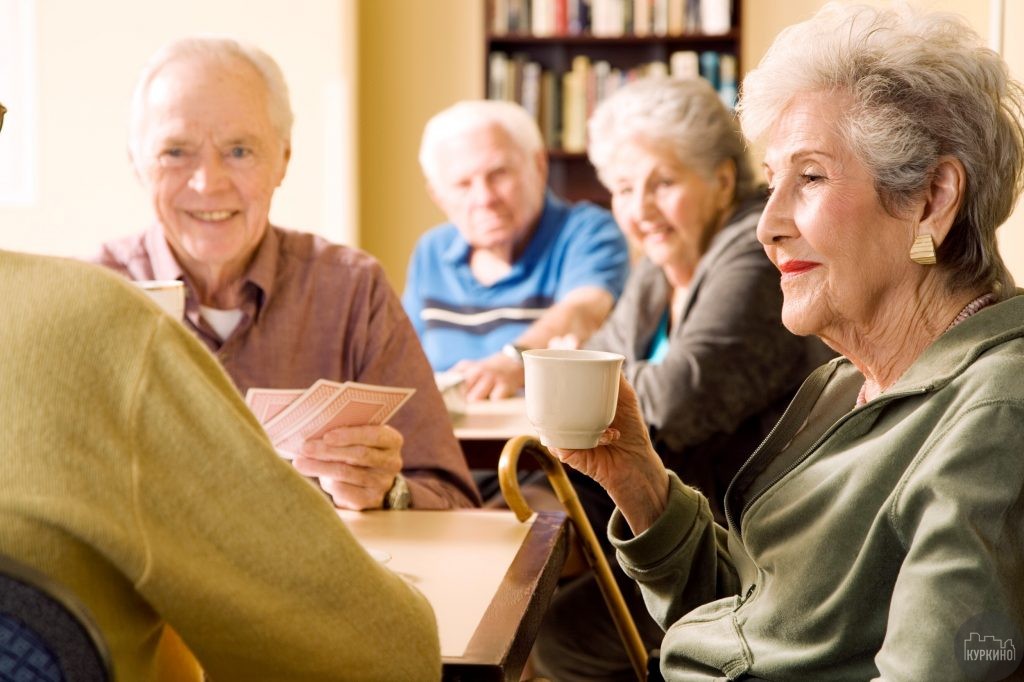
A land of extremes
“My generation (30-35 years old) now often thinks about how to save money for old age. They discuss how and where to open an account, what to invest in. Because they understand that it is impossible to survive on a pension,” explains the existential-humanistic psychotherapist Stanislav Malanin.
The 40-year-old generation has fewer such conversations - these are those who have not yet raised their own children, but already have elderly parents who cannot live on their pensions. They have more expenses and no way to save for their old age.
“Decadent moods and extremes prevail in Russia. Either I am working, active, interesting to others, or no one needs me - I went to die. We are afraid of old age,” says the psychotherapist.
Often caring for the elderly comes down to standard functionality: feed, wash, clothe. But is that all they need?
Also, it is not customary for us to delegate care of old parents to others. They will be torn apart between work and caring for the old man, forgetting about their own lives. This is a cultural code brought up in more than one generation. The social institution of support for old age is not developing either on the part of the state or on the part of private structures.
They will be torn apart between work and caring for the old man, forgetting about their own lives. This is a cultural code brought up in more than one generation. The social institution of support for old age is not developing either on the part of the state or on the part of private structures.
“What do you associate with the words “nursing home”? Bedsores, weakness, degradation, poverty, abandonment, meaninglessness. And also loneliness. In our country, nursing homes are institutions that are either deprived of the attention of the state, with low funding, or accept old people at a price that is beyond the reach of most Russians. The maximum that we can afford is to hire a nurse for our parents, and then when it’s already very tight, ”says Stanislav Malanin.
Often caring for the elderly comes down to standard functionality: feed, wash, clothe. But is that all they need? Will this alone keep them in a state of active life and maintain the desire to live?
Loneliness threatens health and life
Presented in 2017 at the annual meeting of the American Psychological Association, the results of two meta-analyses showed that loneliness can pose a more serious threat to human health than obesity, and even compete with smoking in terms of harmfulness. Julianne Holt-Lunstad, Professor of Psychology at Brigham Young University, introduced these findings to her colleagues.
Julianne Holt-Lunstad, Professor of Psychology at Brigham Young University, introduced these findings to her colleagues.
The first of two meta-analyses included 148 studies and data from more than 300,000 participants. He found a 50% reduction in the risk of early death among people with more social interaction. The second analysis included data from 3.4 million people from 70 studies and found the impact of social isolation and loneliness on mortality. These criteria increased risk to similar or greater levels than obesity. Researchers are convinced that loneliness leads to sleep disturbances, increased levels of stress hormones, and a worsening of the immune system. Any of these factors threatens a greater risk of disease and mortality.
Holt-Lunstad believes that the risk can be prevented by helping the elderly to lead a more active and socialized lifestyle. Instead of scrolling through social media, older people can bet on participating in social clubs or scheduling meetings with neighbors, she said.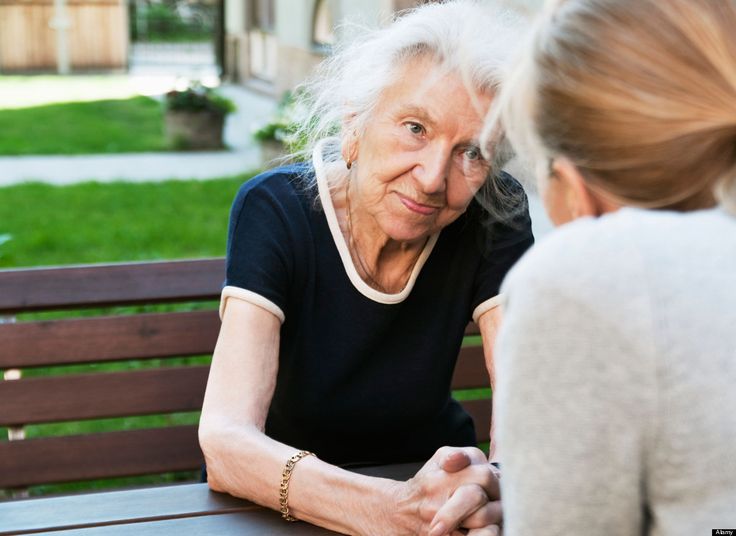 Physicians can also play a role in educating older patients about the risks of loneliness and how to deal with its effects.
Physicians can also play a role in educating older patients about the risks of loneliness and how to deal with its effects.
In some cases, countries that are facing an epidemic of loneliness (not only in Russia) are taking steps to make people feel less lonely. In England, there is a hotline for the elderly, where they can call and talk about anything and as much as they want.
As long as an elderly couple lives together, the partners are not alone. But as soon as one of them leaves this world, the other one quickly “deflates”
“There is another interesting program in Britain called Befriending. It includes special classes, getting a dog or cat, volunteer work, one-on-one communication with a volunteer who regularly meets with a lonely person,” says Stanislav Malanin. “First results showed a modest improvement in depression and anxiety scores.”
An experiment was carried out to eliminate loneliness in people of the third age in Russia.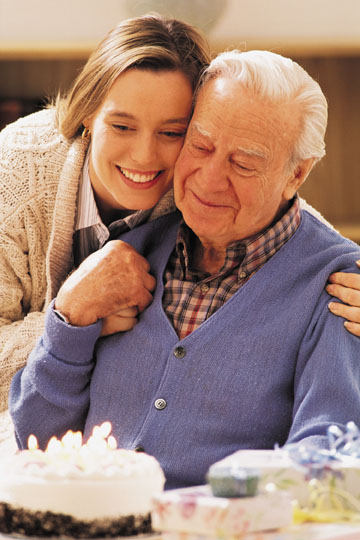 The experimental base of the study was the Social Service Centers of the Oktyabrsky, Leninsky and Sovetsky districts of the city of Tambov. At various stages, 172 people took part in the pilot study. The author's program to support the elderly "Golden Age" was developed and a club of the same name was created. The program was designed for 36 lessons, was held for 4 months, meetings were held once a week. The participants of the experiment were engaged in various activities - from holding literary evenings to staging performances. And, according to the author of the scientific study, Candidate of Pedagogical Sciences Olesya Pachina, as a result of the diagnostic methods, the following results were obtained: the subjects had an increased level of satisfaction with life, the ability to establish close emotional contacts with people, goals appeared in life, increased activity, natural behavior.
The experimental base of the study was the Social Service Centers of the Oktyabrsky, Leninsky and Sovetsky districts of the city of Tambov. At various stages, 172 people took part in the pilot study. The author's program to support the elderly "Golden Age" was developed and a club of the same name was created. The program was designed for 36 lessons, was held for 4 months, meetings were held once a week. The participants of the experiment were engaged in various activities - from holding literary evenings to staging performances. And, according to the author of the scientific study, Candidate of Pedagogical Sciences Olesya Pachina, as a result of the diagnostic methods, the following results were obtained: the subjects had an increased level of satisfaction with life, the ability to establish close emotional contacts with people, goals appeared in life, increased activity, natural behavior.
In many European countries, such a service as a visiting friend is common. In former times in Russia it was called "companion".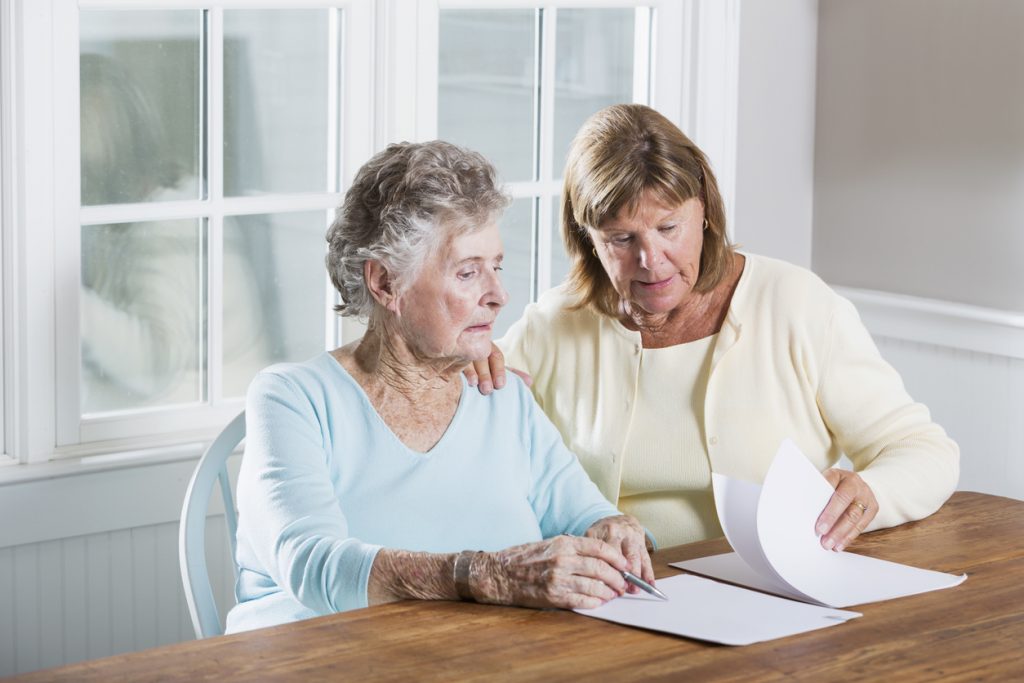 This is a person who comes at certain hours, talks, walks, plays some games, can help buy something, can also provide medical services - give a massage or an injection.
This is a person who comes at certain hours, talks, walks, plays some games, can help buy something, can also provide medical services - give a massage or an injection.
This service is in great demand in Russia. We really have a lot of lonely old people, even if they have relatives. As long as an elderly couple lives together, the partners are not alone. But as soon as one of them leaves this world, the second one quickly "deflates". Rarely an elderly person manages to restore social activity. Therefore, it is important for loved ones to support the elderly. But is it possible to fill the loneliness of another if he himself does not strive for this?
Live communication is the key to overcoming loneliness
“I often work with the elderly. As a rule, at the first meeting they are wary, looking closely, at the second they are already starting to open up. And on the fourth or fifth, I already become the one to whom they can tell and trust anything, ”the psychotherapist shares.
The regularity and guarantee of the meeting is important here. Even the most lonely person can be gradually brought out of social isolation. It's a matter of habit, the expert believes. “A habit takes 10 days to form. In order for it to be standardized, to be developed by itself, another 20 days are needed. The full cycle of developing a new habit is 40 days. What does it mean? For example, you visit your elderly mother on Mondays, Wednesdays and Fridays. Subconsciously, an elderly woman will try to occupy the gaps between meetings with something so that the day of the visit comes sooner. She will look forward to these meetings.
In 40 days she will learn to keep herself busy without your participation. But it is very important to follow this routine. Only then will the old man's life acquire structure, meaning and vision of the future. But this is precisely what many older people do not have. If it is not possible to come three times a week, you can arrange to alternate visits with calls.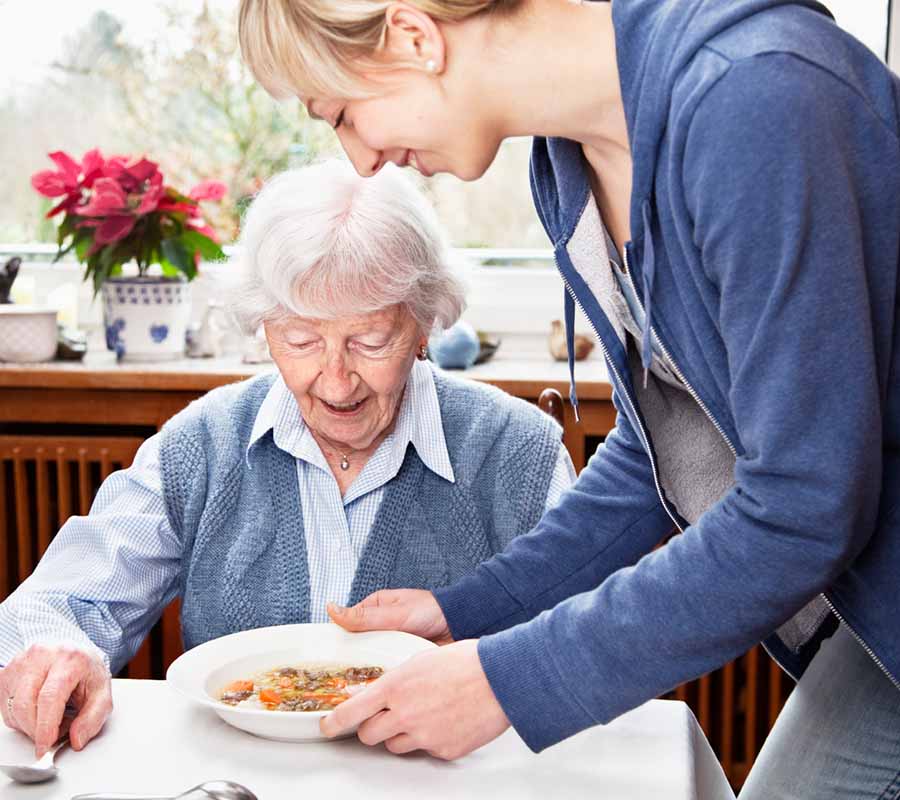 This will also be live communication.
This will also be live communication.
Broken social ties need to be restored. No old friends? Find new people within the power of a person at any age
What can you do while visiting? Be for someone else. Do not teach him about life, do not scold him for being weak and wanting nothing, but simply being there - a listener, an entertainment partner, a sympathetic friend. Those who respond to his emotional state, who respond to the thirst to be heard.
Can an elderly person help himself in the fight against loneliness? Yes, quite, the psychotherapist considers. “The easiest option is to remember what you liked doing the most. For everyone, this is something different - someone likes to walk, someone likes to sit on a bench and watch passers-by, someone likes to play checkers. You need to remember those feelings and repeat them, if not in the same lesson, then in a close one. You loved to go to nature, but now there is no such opportunity? Then you can go for a walk in the park.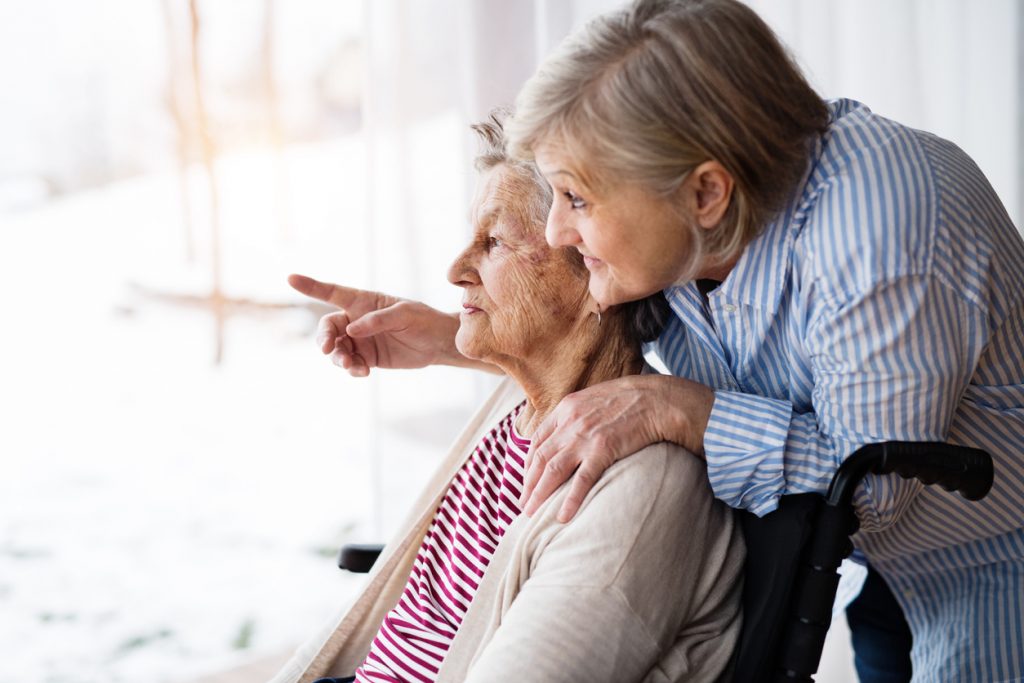
And you also need to restore broken social ties. No old friends? Find new people within the power of a person at any age. To meet someone in the same park, to talk in a museum, or to find a club of interest - chess clubs still operate in the same parks. You can sit down and watch or participate. Children and grandchildren will help find places for new hobbies. They will be more happy to take grandparents to a meeting of felting or drawing lovers than to the next doctor or pharmacy.
Photo Source: Getty Images
New on site
“In my 23 years of life, I have only had one relationship: what am I doing wrong?”
12 conditions necessary for an introvert to be happy
Saw a husband with a mistress and went blind: hysteroid personality disorder
Instructions for abandoned people: how to stop crying and start living
“I am married, but I still have a desire to communicate with other girls . Why?"
“How do I tell my husband that I am divorcing him?”
Scientists have debunked one of the main myths about pornography
How to stop worrying about the question “What will people say?”: 9 steps
How to help elderly parents become happier required.
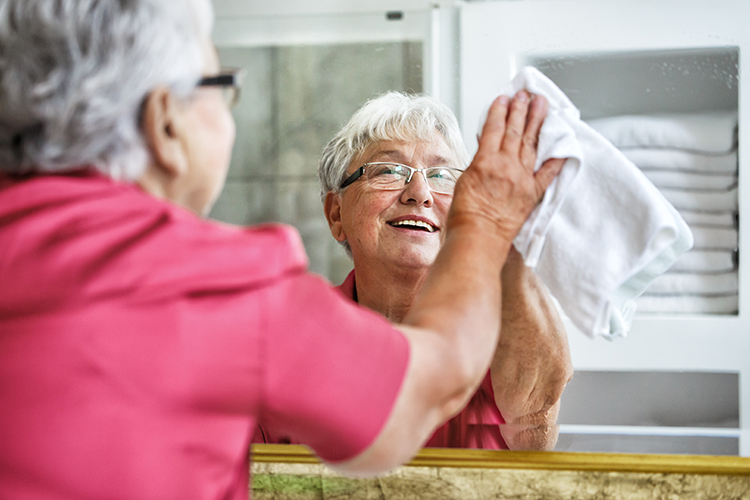 How can you help elderly parents live vibrant and fulfilling lives?
How can you help elderly parents live vibrant and fulfilling lives? Sveta Zam
Third age
We are used to the fact that parents - regardless of their passport age - are active, young, always support us, and they themselves almost do not need our help. But time passes, and everything changes: parents grow old and become more and more dependent on us. This new stage of life is not easy for everyone: you have to get used to changes, to a different pace of life.
The concept of the "third age" appeared not so long ago: this is the period of life between maturity and old age - which now begins much later than even half a century ago! A person of the "third age" has already raised children and waited for grandchildren, may have retired - but is still full of energy, interest in life, ready to continue working and learning about himself.
It turns out that there is a reliable way to predict your future.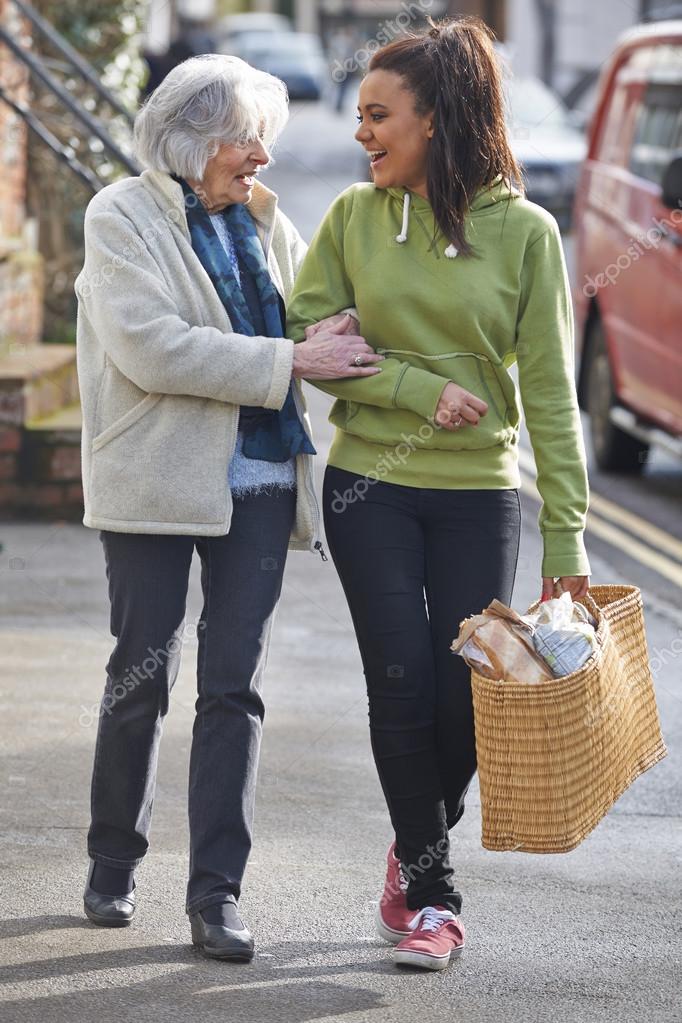 The WHO (World Health Organization) has called this the “happiness effect”: it is happiness, not consumption opportunities or economic stability, that contributes to longevity and health. A group of scientists led by American psychologist George Vaillant speaks about a number of factors that allow us to talk about health and well-being in old age. This is the absence of bad habits, and sufficient physical activity, and proper nutrition. But the main conditions are warm, close relationships in the family, a successful marriage and, in general, an optimistic attitude towards life.
The WHO (World Health Organization) has called this the “happiness effect”: it is happiness, not consumption opportunities or economic stability, that contributes to longevity and health. A group of scientists led by American psychologist George Vaillant speaks about a number of factors that allow us to talk about health and well-being in old age. This is the absence of bad habits, and sufficient physical activity, and proper nutrition. But the main conditions are warm, close relationships in the family, a successful marriage and, in general, an optimistic attitude towards life.
There is a solution
It turns out that the more active your elderly parent leads, the healthier, more energetic and happy he will be. Communication, interesting things and the opportunity to share feelings and plans with loved ones will help this. Inspiring stories about how to live actively after 60.
You can live an active life at any age, I'm sure Anastasia Lazibnaya , creator of the project for the older generation "Baba-Grandfather": "Together with maturity comes an understanding of oneself and one's capabilities, more In addition, there is time for yourself.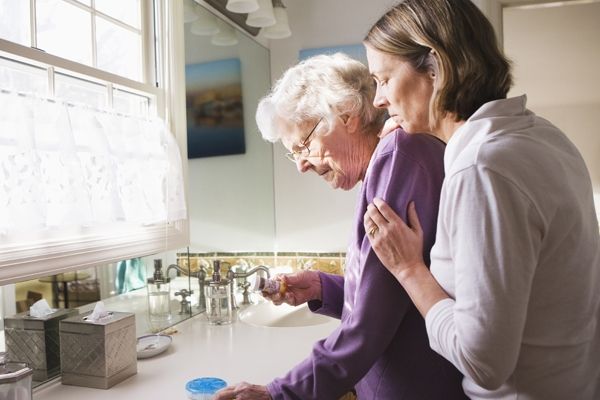 The most important thing during this period is not to demotivate people who feel the strength to live life to the fullest. Attitude towards age is a culture that needs to be nurtured, both in young people and in mature ones. It is important to have time to support parents, help them adapt, and this is the task of children - to suggest opportunities, find interesting activities, help them understand the Internet. The "Baba-Deda" project has been operating since 2012: it is a catalog of interesting clubs, circles and offers for mature people. We fight against age discrimination - for example, we launched a special section "Jobs" (the project is specifically looking for "Companies for all ages" - employers who are ready to work with different generations) - for people who are energetic and ready to share their experience, as well as news and stylish advice for women 50+, because mature beauty is beautiful!”
The most important thing during this period is not to demotivate people who feel the strength to live life to the fullest. Attitude towards age is a culture that needs to be nurtured, both in young people and in mature ones. It is important to have time to support parents, help them adapt, and this is the task of children - to suggest opportunities, find interesting activities, help them understand the Internet. The "Baba-Deda" project has been operating since 2012: it is a catalog of interesting clubs, circles and offers for mature people. We fight against age discrimination - for example, we launched a special section "Jobs" (the project is specifically looking for "Companies for all ages" - employers who are ready to work with different generations) - for people who are energetic and ready to share their experience, as well as news and stylish advice for women 50+, because mature beauty is beautiful!”
Vladimir Yakovlev , author of the project “The Age of Happiness” and the books “Another Matter”, “I Wanted and Could” (Mann, Ivanov and Ferber publishing house), thinks otherwise: “There is no need to “help” parents feel like how you would like to see them.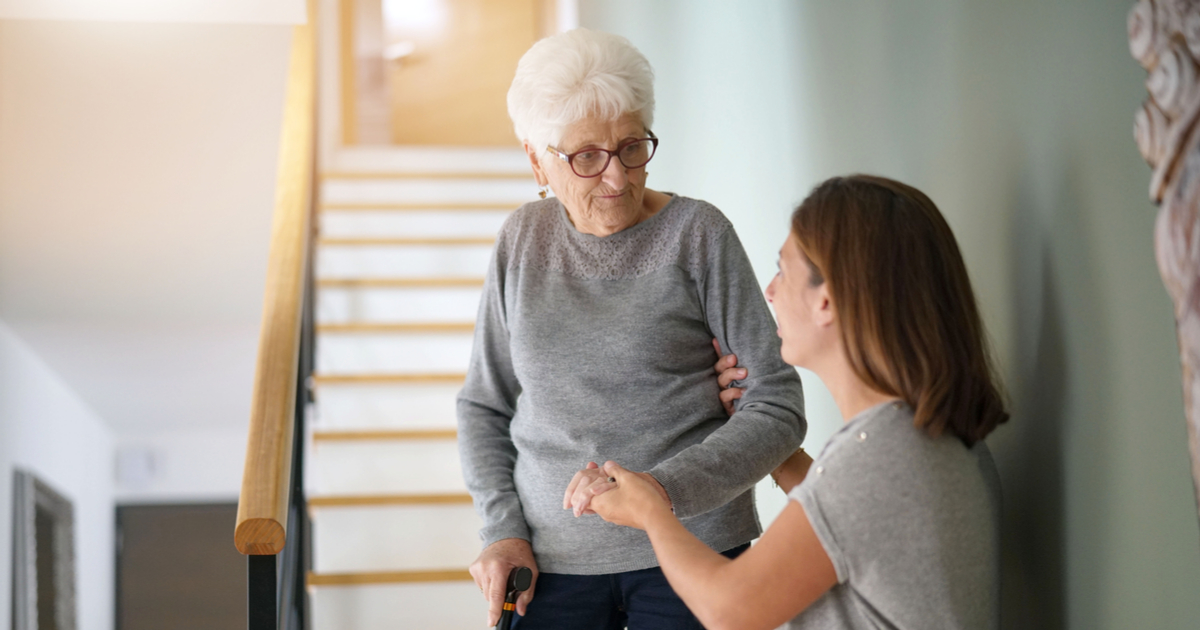 Your parents may well decide everything for themselves! Better think about how you yourself accept your age-related changes, because no matter how old you are, they are already happening. In adulthood, there is not only energy and health, but also - unlike early years - life experience. This is a huge advantage, it cannot be compensated by anything, it is acquired only with time. Until recently, by the time people gained life experience, they no longer had the strength and health to put it into practice. Today it is not so. After 50, there is health, strength, and experience.”
Your parents may well decide everything for themselves! Better think about how you yourself accept your age-related changes, because no matter how old you are, they are already happening. In adulthood, there is not only energy and health, but also - unlike early years - life experience. This is a huge advantage, it cannot be compensated by anything, it is acquired only with time. Until recently, by the time people gained life experience, they no longer had the strength and health to put it into practice. Today it is not so. After 50, there is health, strength, and experience.”
How can I help?
- Conversations. The main thing for any person is to feel needed by loved ones. Talk to your parents! Share the news and events of the day, plan the weekend together. Is it difficult to find common themes? Ask mom or dad to tell you about their life, about childhood. Write down stories - you will get a unique and priceless book of memories.
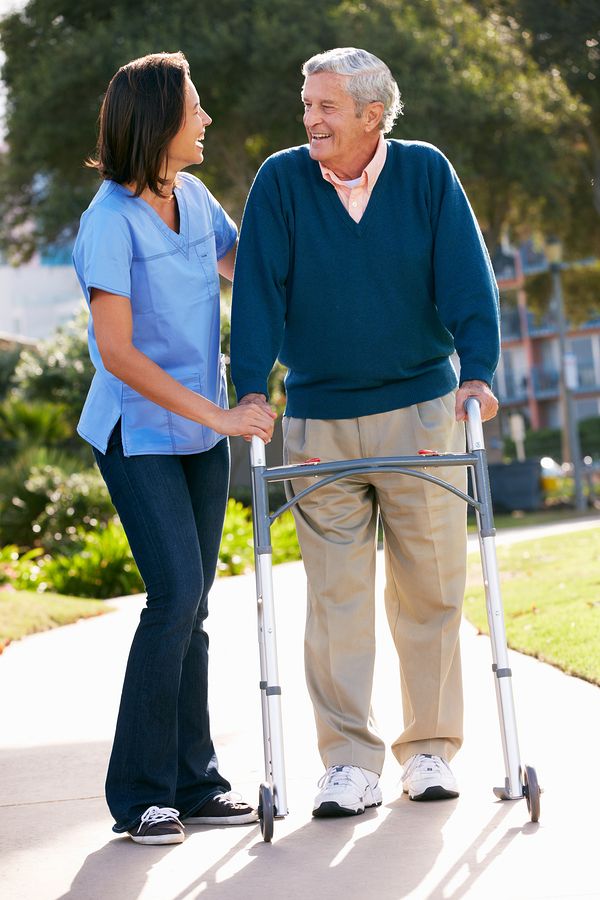 If this is important for mom and dad, do not avoid difficult topics, talk about fears and anxiety.
If this is important for mom and dad, do not avoid difficult topics, talk about fears and anxiety. - Territory. Do you live together? Make sure that everyone has their own territory and personal space, this greatly strengthens the family climate. And do not insist on repairs to your liking or replacing furniture with more modern ones, let them equip the home the way they want. It is difficult for older people to get used to changes - a comfortable environment, the opportunity to relax is much more important for them.
- Be helpful. There is no need to protect parents from any worries if their well-being allows them to live an ordinary life. It is quite possible that your mother is only happy to cook breakfast for the whole family on the weekend, and grandfather will take her grandchildren for a walk with pleasure. Instruct the student to check the school subject a couple of times a week in which grandparents are especially strong. Ask to sort through the family archive and make a couple of thematic albums (or prepare a photo book for printing).
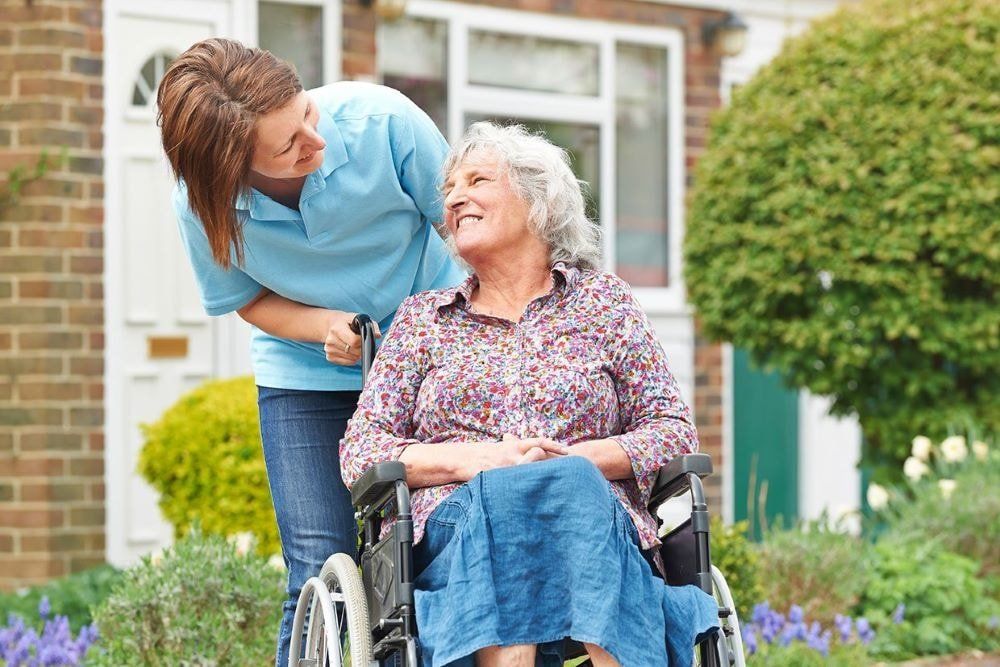
- On call Do you live separately from your parents? Make sure you communicate with your family regularly. It’s good if you call up every day at about the same time: the measured and predictable life is important for older people. Of course, calling grandparents is certainly a good thing, but many children do not understand what to talk about. Become a conversation moderator! Agree in advance that the granddaughter and grandmother, for example, play simple word games on the phone, or tell each other three pieces of news, or even read short stories aloud.
- Live together. Do not forget about pleasant little things, signs of attention: maybe it will be a new detective story, your favorite chocolate or a collection of crossword puzzles. It’s a great idea to give tickets to theaters or musicals for the holidays so that grandparents go there with their grandchildren. And don't overburden your parents with caring for your grandchildren. Let's be honest: they have already successfully raised their children.
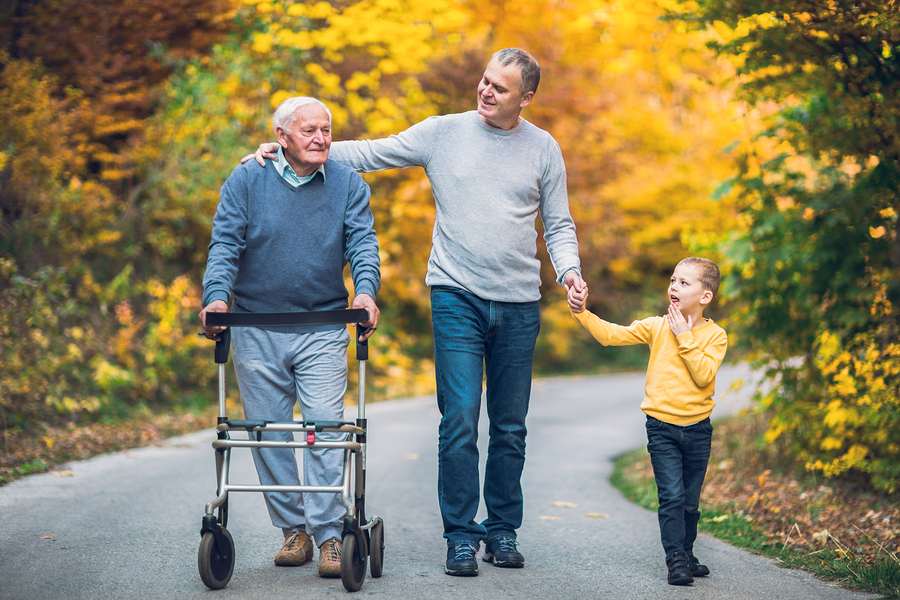 Otherwise, a twofold situation will arise: with educational disagreements (and there will certainly be), it is not easy for the child to figure out who is in charge here. And his undesirable behavior will be assessed as the result of raising a “too soft grandmother” or “connivance of mom and dad” - this is the reason for conflicts. For everyone to live together, let grandmothers and grandchildren communicate solely for the sake of pleasure.
Otherwise, a twofold situation will arise: with educational disagreements (and there will certainly be), it is not easy for the child to figure out who is in charge here. And his undesirable behavior will be assessed as the result of raising a “too soft grandmother” or “connivance of mom and dad” - this is the reason for conflicts. For everyone to live together, let grandmothers and grandchildren communicate solely for the sake of pleasure. - Leisure and activities. Help a pensioner avoid loneliness. There are various opportunities: family visits, joint holidays, communication with friends and interest clubs for pensioners. There are social service centers in all major cities (for example, there are more than a hundred of them in Moscow), a list can be found on the website www.dszn.ru. Here pensioners are offered clubs of interest, a variety of circles (including computer literacy or professional retraining courses), and sports activities. At some CSOs, day care departments are open: a pensioner can come to the club for the whole day and do physical education or therapeutic exercises under the guidance of an instructor, needlework, attend lectures, performances and concerts.
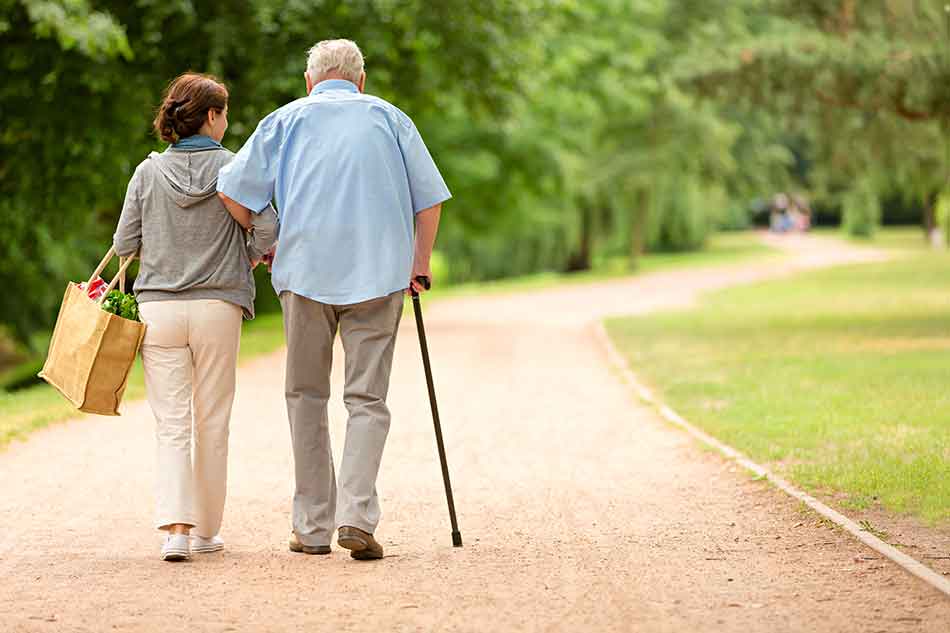 You only need to write an application and present a pension certificate and a certificate from a therapist stating that there are no contraindications to classes. Study the events poster: almost every day you can go to performances and concerts, exhibitions, lectures and seminars (often free).
You only need to write an application and present a pension certificate and a certificate from a therapist stating that there are no contraindications to classes. Study the events poster: almost every day you can go to performances and concerts, exhibitions, lectures and seminars (often free). - Hobbies and interests. Tell me where you can buy modern, high-quality materials and tools, how to master new techniques. Summer is ahead, which means that enthusiastic summer residents will urge you to take part in garden work and harvesting. Don't refuse! On the contrary, show interest and initiative: write down a secret family recipe, offer your options.
- Health. Help your parents take care of their health, but do not take on the role of a personal doctor - this will only cause irritation. Together, choose the appropriate type of physical activity: exercise therapy or swimming, fitness, yoga, Nordic walking, dancing. Many pools have free groups for seniors (usually during the day).
 Do sports together: it's fun and useful!
Do sports together: it's fun and useful! - Travel. Pay attention to tours for the elderly - in fact, this is an ordinary tour, but organized taking into account the needs of pensioners: visa-free countries, quiet cozy hotels with Russian-speaking staff, yoga, aqua aerobics or golf. If you are planning a trip for your parents yourself, choose direct flights, don't plan too much sightseeing and don't set the pace of travel too fast in general, be sure to set aside 2-3 hours for rest in the middle of the day.
- New opportunities. Together with your parents, think about what they would like to do? Maybe learn something new? Learn a foreign language? Get a new profession? Change residence? Make it clear that you are ready to support all undertakings.
- Relations. Of course, it is very important for your parents that your family be happy, but our ideas about a happy life may differ. Criticism and advice, quarrels and disagreements - all this is an almost inevitable part of communication with elderly parents.
 Treat this with understanding, calmly and patiently: on the contrary, give mom and dad the opportunity to actively participate in your life. And if you quarreled, make up as soon as possible. Older people inevitably become more emotionally vulnerable, irritable - these are physiological manifestations of aging, and they will not bypass us either.
Treat this with understanding, calmly and patiently: on the contrary, give mom and dad the opportunity to actively participate in your life. And if you quarreled, make up as soon as possible. Older people inevitably become more emotionally vulnerable, irritable - these are physiological manifestations of aging, and they will not bypass us either.
Tell your parents how much you love and appreciate them more often, and you will sort out minor misunderstandings somehow.
Useful resources:
Third Age
Internet magazine for pensioners. 3vozrast.ru
"The Age of Happiness"
After 50 years, life is just beginning, and everything is possible in it - new hobbies, and incredible achievements, and career, and family happiness. The project presents books in which the characters share their life stories and guide courses. vladimiryakovlev.ru
"50 Plus"
An innovative socially oriented project about the benefits of adulthood.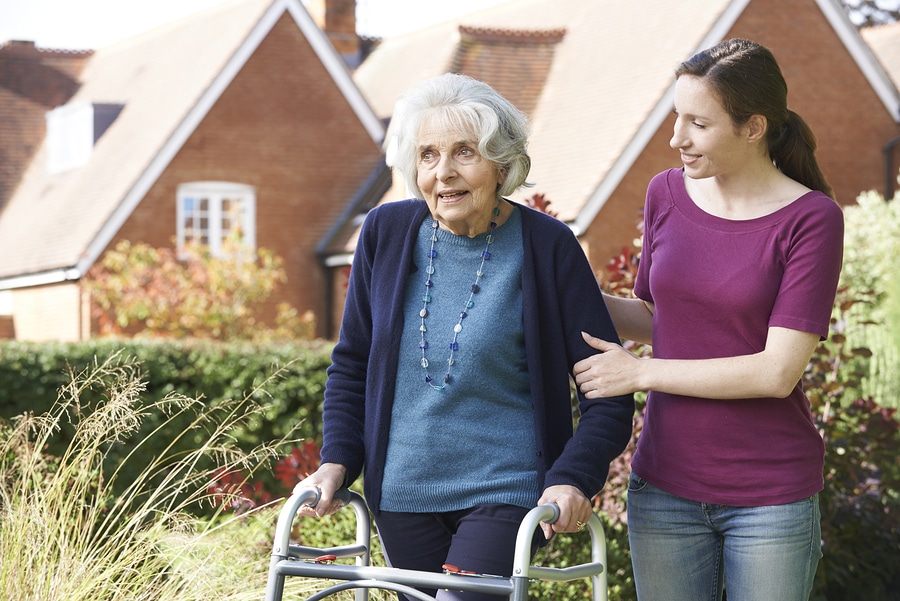 Maximum useful information for pensioners from the capital and regions: interest clubs, social benefits, interesting places and events, promotions and contests, and even a newspaper and a TV program. 50plus.ru
Maximum useful information for pensioners from the capital and regions: interest clubs, social benefits, interesting places and events, promotions and contests, and even a newspaper and a TV program. 50plus.ru
Baba-Grandfather project
Clubs, circles and interesting events. baba-deda.ru
Site for the elderly
News and useful articles. namza60.ru
An Internet project that helps pensioners get comfortable in the virtual space. Computer literacy lessons, useful tips about lifestyle and leisure. godanebeda.ru
Forum of "young pensioners".
A place to chat on any topic. age60.ru
Golden Age social portal
Articles, announcements of interesting events, circles of interest, it is planned to open the "Exchange of Mutual Services" section. zolotoivozrast.ru
Mastering modern technologies
- Choose a simple and convenient smartphone or tablet model for a pensioner.
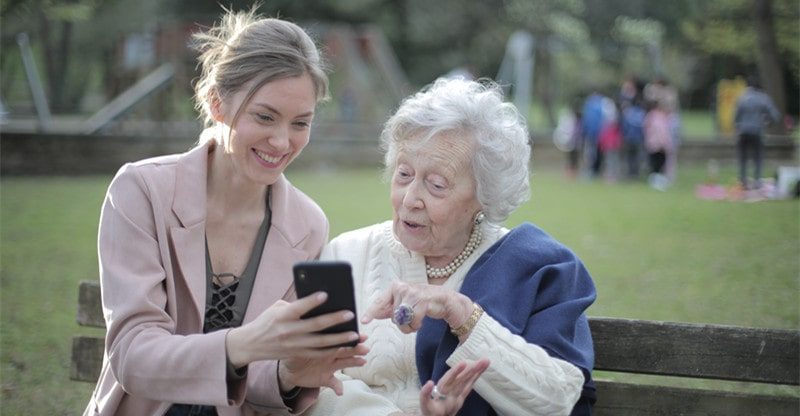 Choose applications with a simple user interface and obvious features that allow you to control the process with your voice when necessary. For example, Apple offers users devices with the "Universal Access" function (configuration can be done even with poor eyesight and hearing), and in any application you can only use large fonts and change the screen brightness. To work with texts, you can use the speaking function, and if a pensioner finds it difficult to do some of the finger movements necessary to use the device, you can choose a different gesture or even create your own.
Choose applications with a simple user interface and obvious features that allow you to control the process with your voice when necessary. For example, Apple offers users devices with the "Universal Access" function (configuration can be done even with poor eyesight and hearing), and in any application you can only use large fonts and change the screen brightness. To work with texts, you can use the speaking function, and if a pensioner finds it difficult to do some of the finger movements necessary to use the device, you can choose a different gesture or even create your own. - Learn how to use video calling software: remote communication with loved ones will be much more fulfilling and fun. Offer to read electronic versions of newspapers and magazines. Their advantage is the ability to subscribe to issues and, most importantly, comment and discuss what they read with like-minded people.
- Create collections of interesting sites: virtual tours of world museums, films and documentaries that you can watch online, popular sites about a healthy lifestyle.
